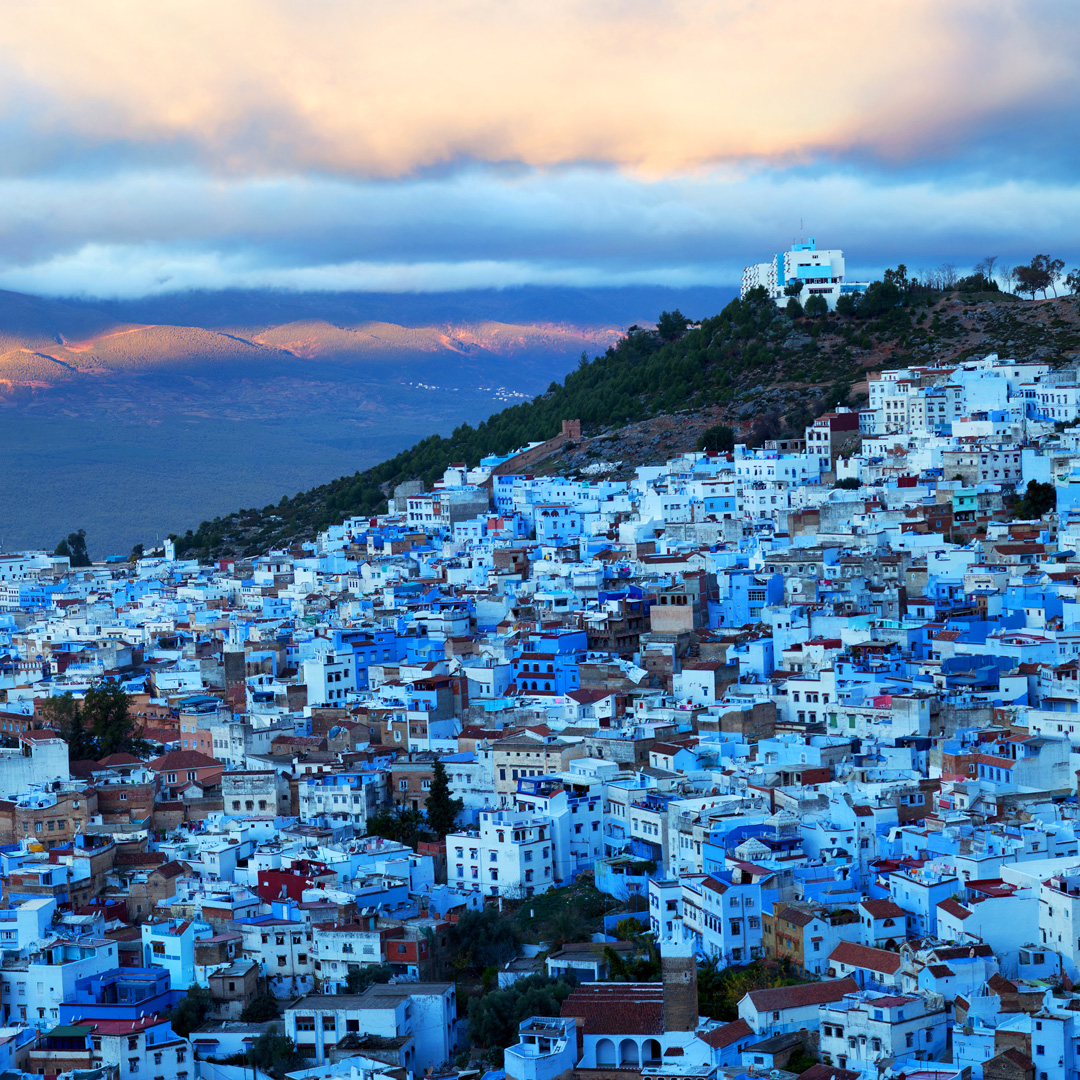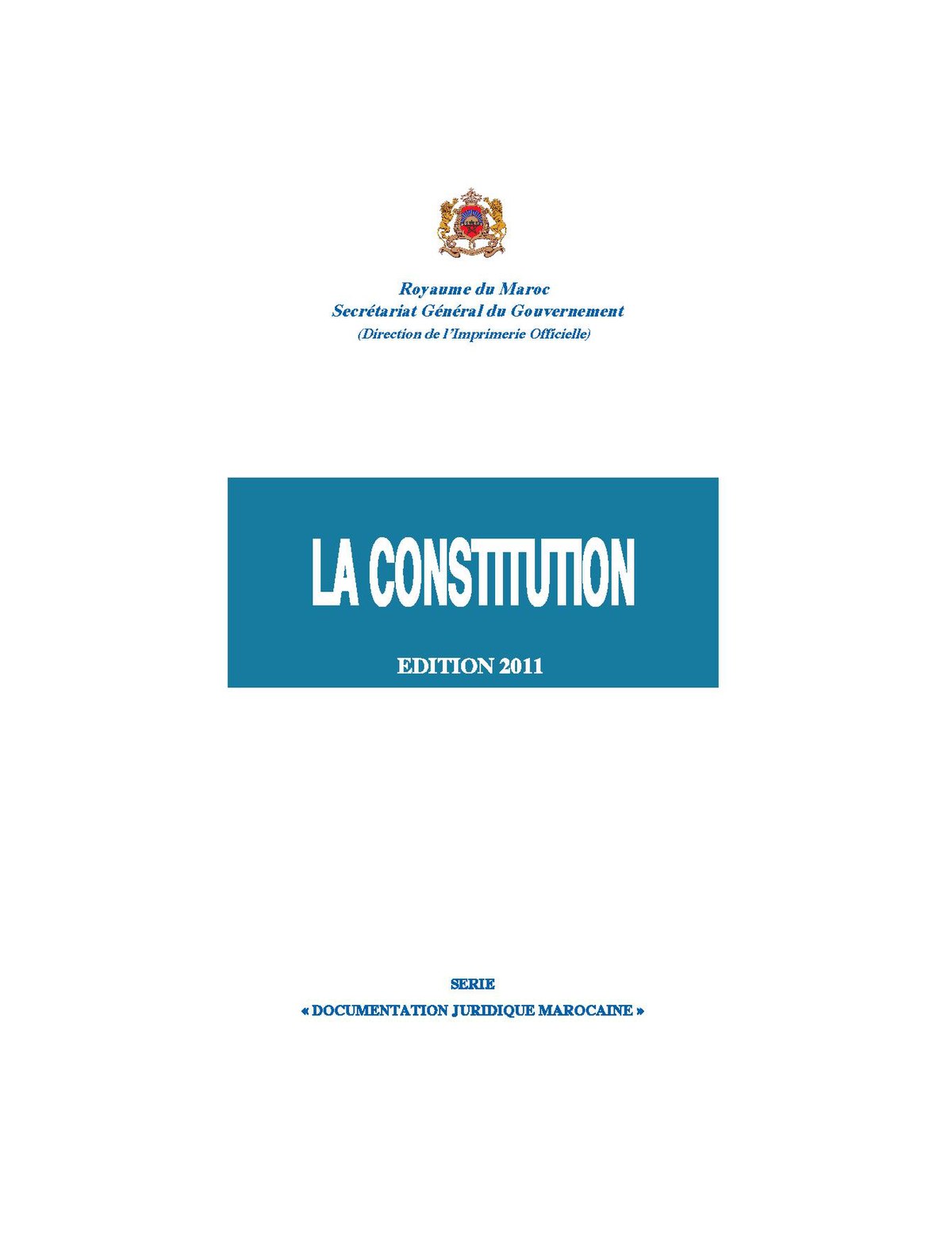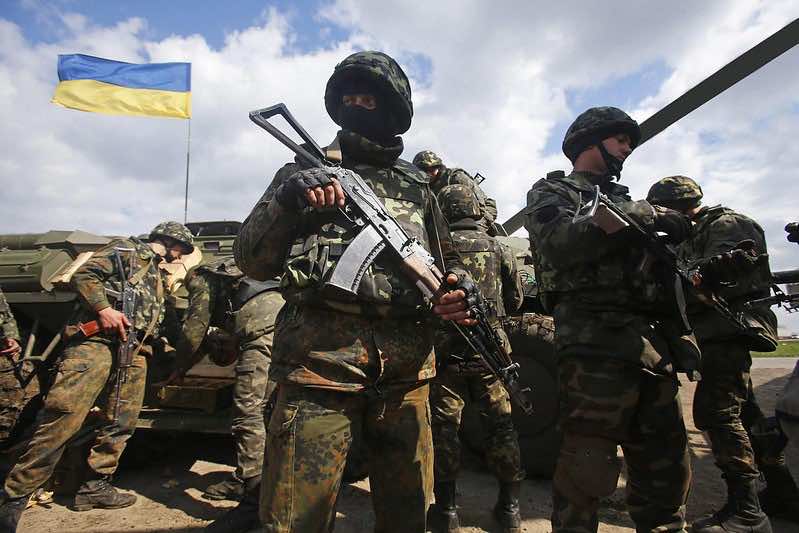Morocco’s Human Rights Crisis
Monday, December 5th, 2022Morocco has had a long history of poor human rights and treatment towards women. Morocco has arrested, prosecuted, and imprisoned several activists and journalists advocating for their rights. Trials have been politically motivated or failed to guarantee due process. There have been prosecutions for nonviolent, critical commentary on authorities as well. Authorities continue to impede the work of the Moroccan Association for Human Rights (AMDH). According to AMDH, they have banned at least 13 public meetings, public protests, and other public events called for by opposition groups or parties across the country. Overall, laws have been set in place for the protection of human rights but have not been enforced.
As for women’s treatment, family code discriminates against them. Procedures for inheritance and divorce are extremely difficult to obtain, and marriage laws even have various exceptions. For example, the law makes the legal age of marriage to be 18, but if a family wants to arrange a marriage when the girl is younger (such as 15, 16, 17), this law can be ignored. Domestic violence is also hard to get justice for. It has been criminalized in the country but requires prosecution in order to obtain protection. Because of these issues, the #MeToo movement has become a big part of the fight for women’s rights.






















